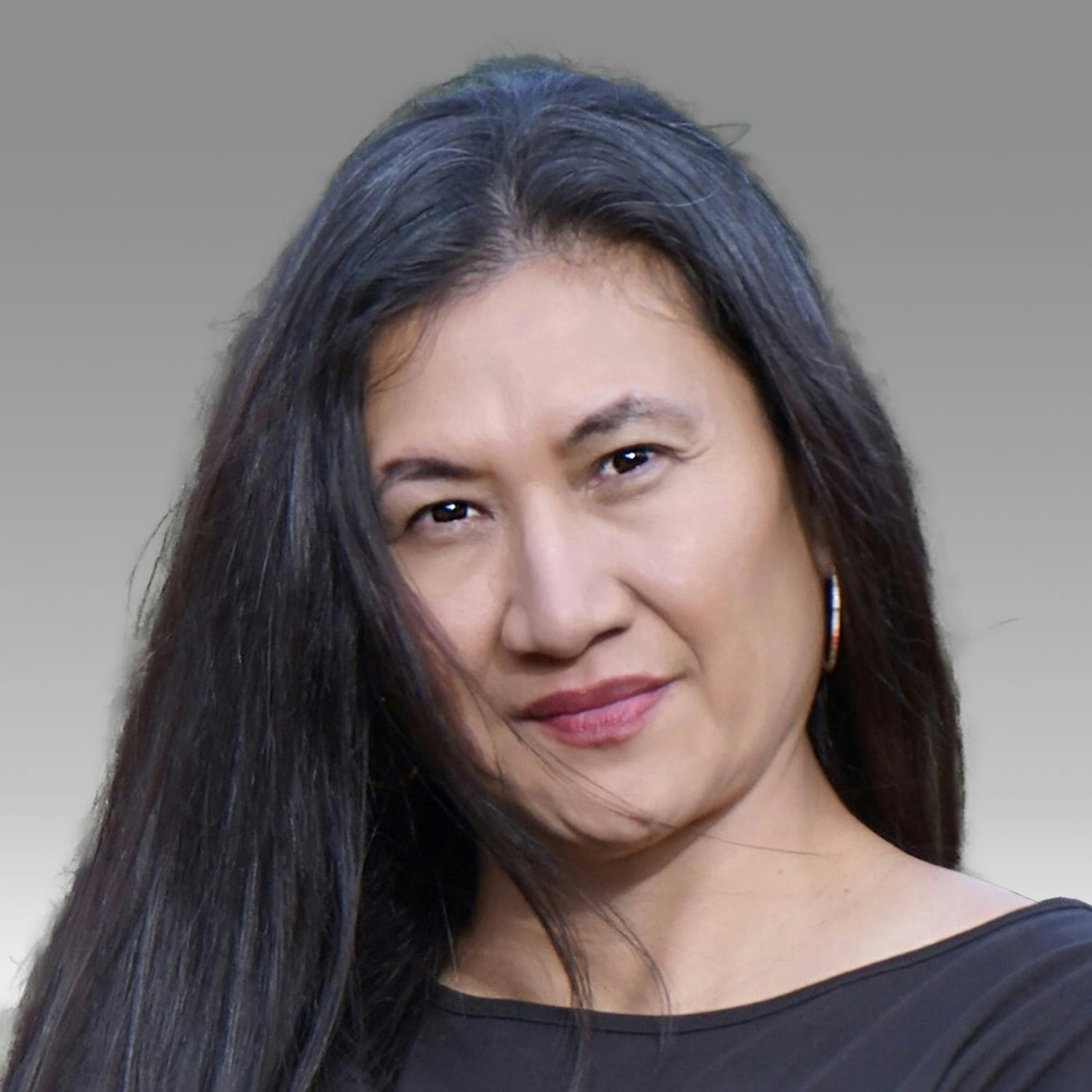Francine D. Spang-Willis
Using oral history to bring a deeper understanding of Montana’s rich, layered history.

As a girl of Cheyenne, Pawnee, and settler descent growing up on the Northern Cheyenne Reservation in Montana, Francine D. Spang-Willis knew that her great-great-grandfather, the Cheyenne chief Morning Star, helped secure the reservation in 1884. She was also keenly aware that she didn’t learn this history in school. After she earned a master’s degree in Native American Studies and went on to study oral history in the Oral History Master of Arts program at Columbia University, an Indigenous colleague suggested Spang-Willis tell the story of her family’s role in saving the bison from extinction. It became Spang-Willis’s thesis, Becoming Wild Again in America: The Restoration and Resurgence of the Pablo-Allard Bison Herd, a website and three-part podcast.
More than a century after her great-great-grandfather brokered peace, Spang-Willis co-authored the proposal that established the American Indian Tribal Histories Project, an archive of 170 interviews, transcripts, photos, and biographies for public use at the Western Heritage Center. The project, like all of Spang-Willis’s work, preserves Indigenous and American histories primarily from an Indigenous lens and shows the interplay between people, animals, and the land.
Oral histories give context and transform our understandings—something Spang-Willis experienced while creating the American Indian Tribal Histories Project. She found that her interviews complicated and enriched her understanding of Native history. She came to understand, for example, the difficult decisions the Crow Nation made to protect their families and way of life—decisions that often led to them helping the U.S. government, something unthinkable to many other Indigenous nations.
As an Emerson Collective Fellow, Spang-Willis will bring new context to the Crazy Mountains, near Bozeman. The Crazy Mountains Oral History Project will share the voices of diverse narrators—from Indigenous peoples, to settlers and ranchers, to hunters and recreationists—creating a record of the mountains authored by those who’ve walked their paths. The project will deepen the connections between local communities that share the mountains but often misunderstand each other, while providing guidance to environmental organizations and governments on living in balance with nature. The goal: to create new possibilities for better land stewardship across all of the American West.
More about The Emerson Collective Fellowship.
Related content: